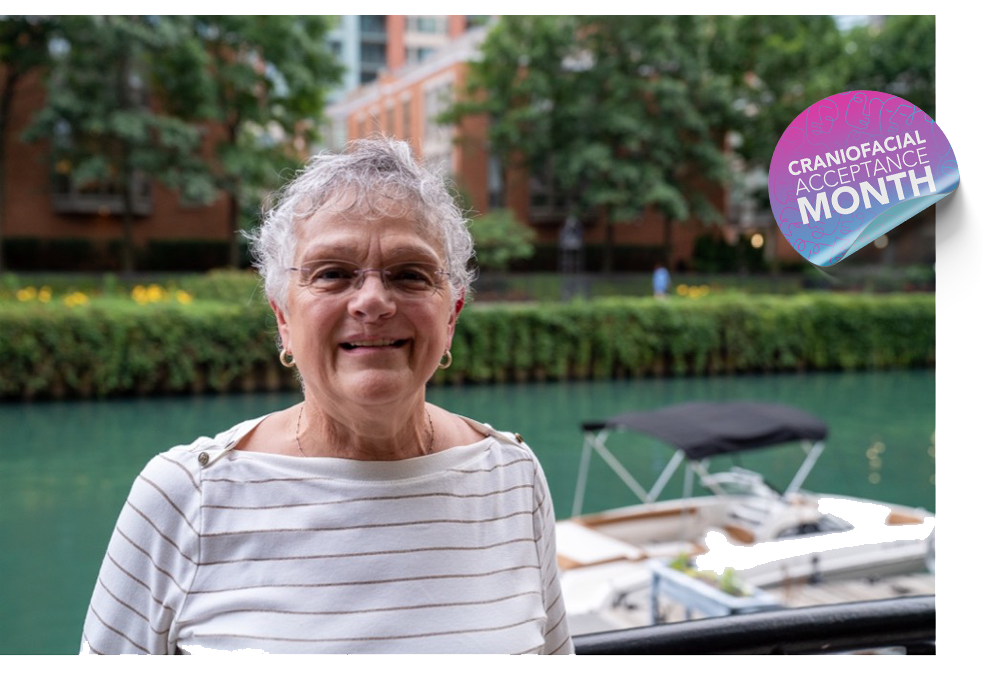Kindly Notice Me
By Dina Zuckerberg
As a society, we are brought up to believe that staring is rude, that it is not polite. If you stare at someone, you may hurt their feelings. Often, when we see people who look different than we do we will divert our eyes. Or, we might look right through them, pre- tending not to notice that they stand out.
Luci’s Story of Triumph
by Luci Capo Rome, RN
I’m an older adult born with a complete and severe bilateral cleft lip and palate. My multiple surgeries were completed at age 51. Around age 5, I started wearing a temporary and removable obturator/prosthesis with a bulb on the back and teeth on the front which attached to my existing teeth with wires and rings. It required daily cleaning just like…
Equitable Access to Alzheimer’s Disease Therapeutics for Adults with Down Syndrome
by Matthew P. Janicki, Ph.D., Hampus Hillerstrom, and Richard Fisher, Ph.D.
Adults with Down syndrome face a heightened risk of developing Alzheimer's disease (AD) at an earlier age compared to the general population. With a cumulative risk of Down syndrome associated with Alzheimer's dementia (DS-AD) reaching 50% by their mid-50s, it is crucial for this vulnerable group to have timely access to emerging anti-amyloid Alzheimer's therapeutics…
Sex & the IDDy
by Sherri Eldin
Given the subject/theme of this column, reader discretion is advised. Welcome to “Sex & the IDDy,” HELEN’s newest column! Yes, the title is a play on words on the HBO series that reached its peak popularity during my formative years. But it also concisely communicates that we’ll be discussing sexuality of and for people living with IDD and other disabilities…
How I Found My IDD Calling From Bali
by Ayu Bintang Rena Sanjiwani Budhiarta, 2021 Student Leadership in Global Oral Health Program Fellow, Alliance for the Oral Health Across Borders (AOHAB)
I come from Indonesia, a place where traditional beliefs broadly affect how everyday life operates. In Balinese culture, there is a concept called “kleteg bayu.” Kleteg bayu is believed to be an inner vibration or subtle internal sensation…
Medical Decision-Making Rights: What You Should Know
by Thomas F. Coleman
Parents have the right to make medical decisions for their children. But when a teenager turns 18, this parental authority comes to an end. With adulthood, a person gains the right of medical self determination, regardless of their disability status. That right can only be taken away by a court order.








